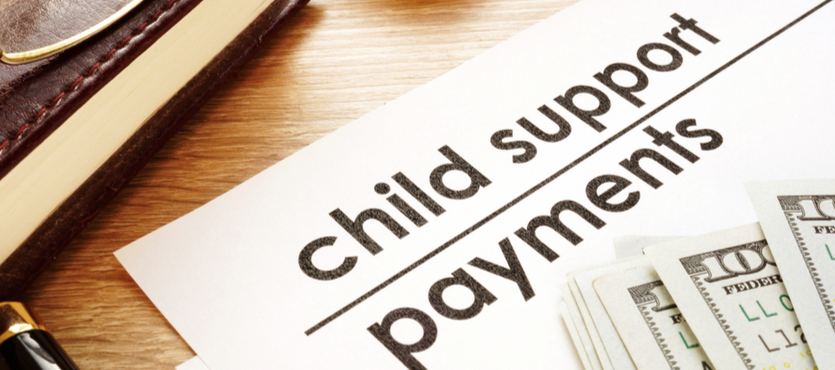When a couple divorces and there are children involved, one parent will typically pay child support to the other. This is the plan anyway. Many parents do not receive child support because the non-custodial parent refuses to pay for some reason.
Child support is a legal obligation. It serves as financial help to pay for the child’s food, clothing, shelter, medical care, and other expenses. When a parent does not pay child support, they can face a variety of consequences.
A parent is obligated to pay child support until age 18 or 19, depending on when the child graduates from high school. If the child is under age 18 when they graduate, then the parent is obligated to pay child support until the child turns 18. If the child is 18 but not yet 19 when they graduate, then support will end when they graduate. If the child is 19 when they graduate, child support will end on their 19th birthday. Child support will end on a child’s 18th birthday if they are not on track to graduate by age 19.
What Happens When Child Support is Unpaid?
Florida’s Child Support Program works to help parents get the child support they are entitled to receive for their children. When a parent is not complying with the order, the program can help achieve compliance.
The first step is to reach a written agreement. A written agreement is a promise a parent makes to pay their past-due support. If they cannot pay the amount all at once, they can opt for monthly payments. The agreement does not change the terms of the court order; it simply helps the parent catch up financially. The parent must make all payments as agreed. Otherwise, the program can take enforcement action.
If the parent does not pay as agreed, the program can order wage garnishment. This is the most common method of collecting child support. The program can withhold income from paychecks, Social Security payments, and other sources of income. The money is automatically taken out of the payer’s paychecks and the money is given to the recipient parent.
If child support is still unpaid, the parent can face driver’s license suspension, passport denial, and business or professional license suspension. If the person has the ability to pay, but refuses to do so, they can be held in contempt of court. They can be arrested and jailed.
If the parent owes more than $600 in child support, the Child Support Program can place a lien on a vehicle, motorhome, or boat with a value of at least $2,500. The Child Support Program can also intercept payment from sources such as tax refunds, stimulus checks, lottery winnings, workers’ compensation benefits, and insurance settlements. The program can also levy the money from a bank account and report the delinquency to credit reporting agencies.
In Florida, a parent who has four consecutive months of non-payment and at least $2,500 in past-due support will face felony charges.
The consequences for non-payment of child support can vary from state to state. In Florida and other states, a person will lose their driver’s license if they owe child support. They will also be unable to renew their professional license, such as medical license, pharmacy license, CPA license, or engineering license. In Utah, for example, a person will be denied a hunting or fishing license if they have at least $2,500 in unpaid child support.
What if I Cannot Pay Child Support?
If you cannot pay child support due to a layoff or medical condition that keeps you from earning income, do not just ignore the situation. This will make matters worse and cause you to face legal issues.
You need to contact a lawyer right away to request a modification. A modification can reduce the amount you owe so you can afford it. The court will approve the modification if your financial circumstances have changed significantly.
How Do I Get Child Support?
If you have not been receiving child support from the other parent, do not just ignore the situation and hope things will get better. They rarely do. Instead, contact your lawyer. Your lawyer has options for helping enforce a child support order. The Florida Department of Revenue can step in and help you get the money you deserve, particularly if the other parent is self-employed and receives non-traditional income. For example, if he or she receives cash only, it can be hard for an agency to intercept that money.
You can file a case online if you are the parent or caregiver of a child who needs support. Once you apply for services, the Child Support Program will contact you if we need more information.For example, they may need court orders or a child’s birth certificate. The Child Support Program can also help your child with cash or food assistance as well as health insurance such as Medicaid.
Seek Legal Help
The non-custodial parent is typically required to pay child support to the custodial parent until the child reaches age 18 or 19. Refusal to pay can result in jail time and other consequences.
If you do not have the financial means to pay child support, seek legal help from Broward County divorce attorney Scott J. Stadler. We can assess your situation and explore options such as modification. Fill out the online form or call (954) 346-6464 to schedule a consultation.

